AI in game development unlocks lifelike interactions through intelligent NPCs, responsive environments, and real-time player adaptation. With technologies like AI NPC behaviour, dynamic dialogue, and contextual world responses, games become more immersive, personalized, and emotionally engaging — keeping players coming back and boosting long-term retention.
AI Game Development Services for Smarter Games

Why Leveraging AI in Game Development Matters
SMARTER PLAYER EXPERIENCES
FASTER, SCALABLE PRODUCTION
AI-powered game development accelerates time-to-market through tools like procedural content generation, automated QA, and intelligent asset placement. These AI-driven efficiencies let studios produce more content with fewer manual cycles — reducing cost, maintaining consistency, and empowering smaller teams to ship large-scale projects across platforms.
DATA-DRIVEN DESIGN DECISIONS
AI in video games enables advanced in-game analytics, player behaviour prediction, and adaptive gameplay balancing. Studios gain real-time insights into player engagement and performance, allowing them to tweak difficulty, pacing, and monetization strategies with precision — ultimately improving KPIs like ARPU, retention, and session time.
AI Solutions in Video Games That Drive Innovation
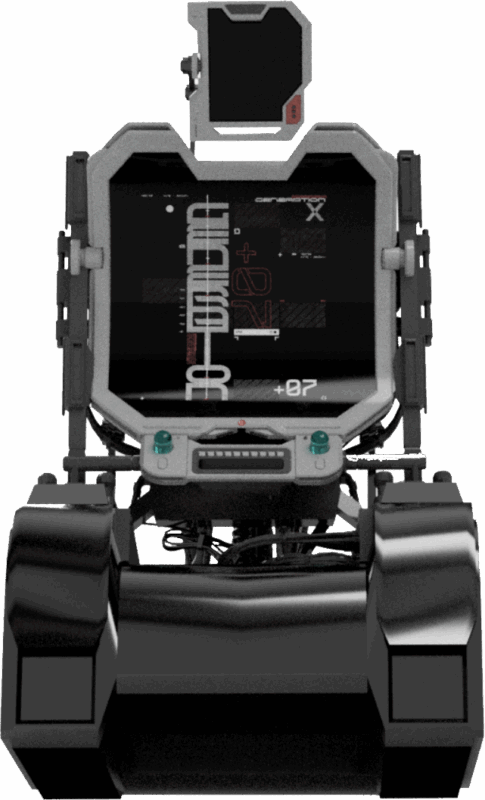
AI Solutions in Video Games That Drive Innovation
NPC Behaviour with AI
Deliver lifelike, responsive characters using AI NPC behaviour models powered by behavior trees, utility systems, or reinforcement learning. Available in Unity and server-based deployments.
Procedural Content Generation
Create unique levels, dungeons, terrains, and game assets using AI-driven procedural generation tools, saving time and unlocking endless replayability.
AI Dialogue and Character Interaction
Use LLM-based engines like Inworld or Convai to build NPCs that can hold intelligent conversations, remember context, and react naturally to player actions.
Player Analytics & Prediction
Leverage AI to track and analyze player behavior, predict churn or high-value segments, and make live adjustments that enhance monetization and retention.
Adaptive Difficulty System
AI-driven difficulty scaling adjusts the game in real time to suit each player’s skill, improving satisfaction, engagement, and accessibility.
AI Matchmaking & Skill Estimation
Smart matchmaking powered by AI ensures fair, balanced sessions based on skill, latency, or player style — ideal for multiplayer and live service titles.
Ready to power up your next game with AI?

Our AI Game Development Process

Our AI Game Development Process
1. Discovery & Scoping
We analyze your game design, genre, and player needs to identify the best AI opportunities — from NPC logic to analytics or procedural tools.
2. Solution Architecture
We select and recommend the most suitable AI approach — behavior trees, ML models, SaaS integrations, or Unity-native systems.
3. Prototyping & Validation
Rapid proof-of-concept to validate AI behavior, difficulty scaling, or analytics impact. Player testing where applicable.
4. Full Integration
We embed the AI solution into your game client or backend, ensuring optimization, performance, and scalability.
5. Testing & Tuning
We fine-tune parameters, AI logic, or ML models based on test feedback and performance benchmarks.
6. Delivery & Support
We hand over the complete AI module with documentation and can offer ongoing monitoring or improvement post-launch.
7. Support & Promotion
Our marketing team handles global reach and user acquisition to draw voluminous attention to your video game. Our marketing analytics specialists help collect and understand the user acquisition metrics and make data-driven predictions. Then, our game development and QA teams run continuous bug fixing and launch updates based on user feedback.
Technologies We work With
Our Projects
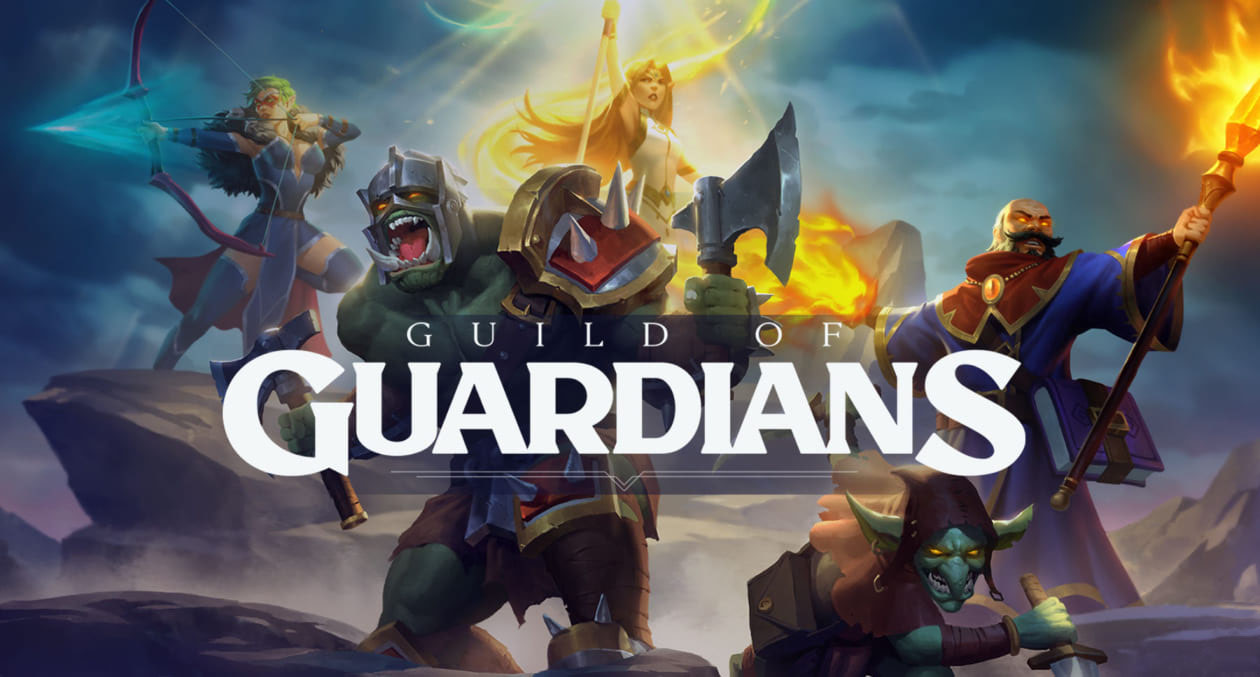
Guild Of Guardians
230k+ players on the waitlist. Twitter community of more than 133,000 enthusiasts. And the game is not even launched! Guild of Guardians is a mobile action RPG game that allows you to earn while you play. Check out the amazing aesthetic art style here!
View CASE
Discovery
Discovery is our upcoming first-person shooter game, built on the power of Unreal Engine 5. Immerse yourself in a cinematic experience like no other with our story-driven shooter set in the distant future of a far-off galaxy. You will land on a planet with breathtaking flora that evolved from sea life and undiscovered deadly predators hiding within. We promise an adrenaline-pumping, action-packed experience accompanied by a captivating narrative.
View CASE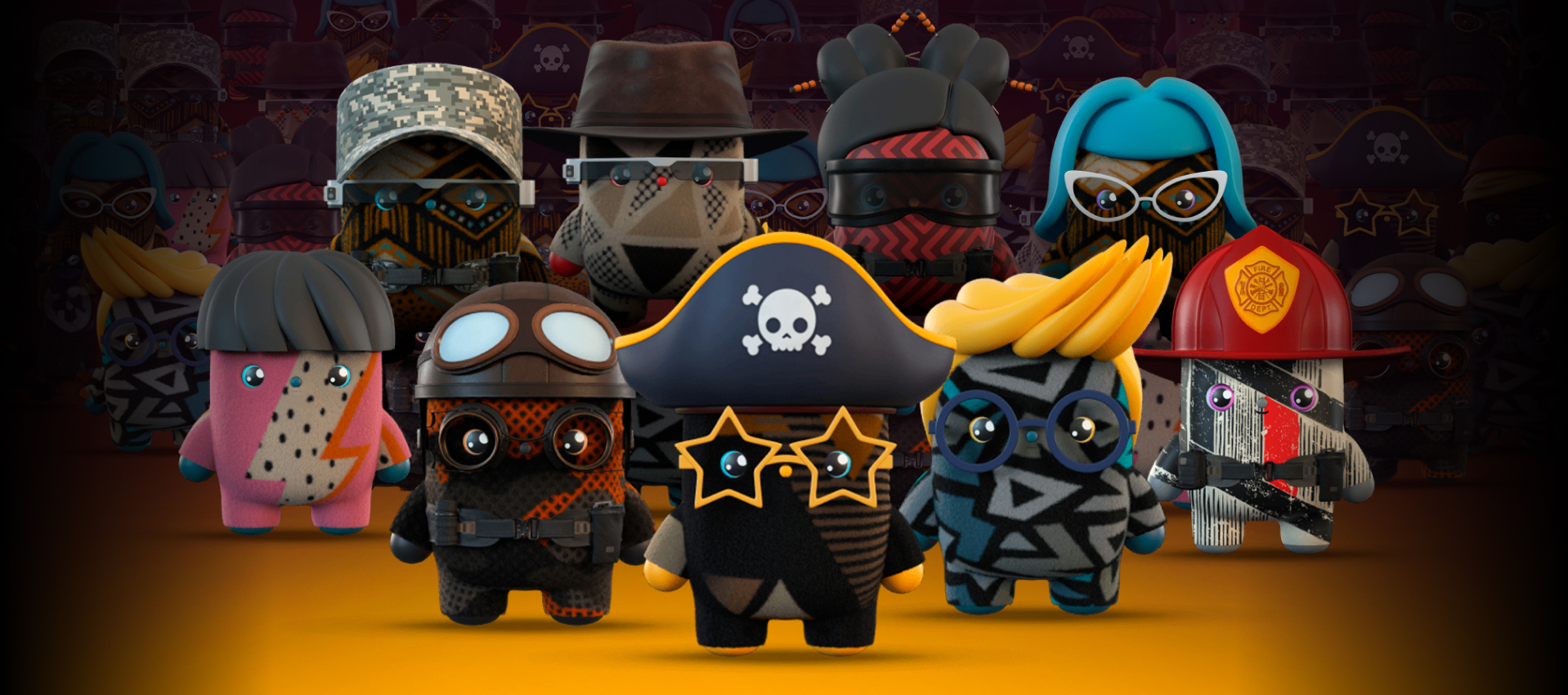
MetaPopit
MetaPopit offers a classic escape room experience where each level comprises multiple rooms that players must escape to unlock treasures.
Each room is set in a different geographic location and time era, ranging from Ancient Egypt to a laboratory in 20782, and their combinations are randomly assigned to players in each game level.
Along with the escape puzzles, players can collect items in each room for special advantages.
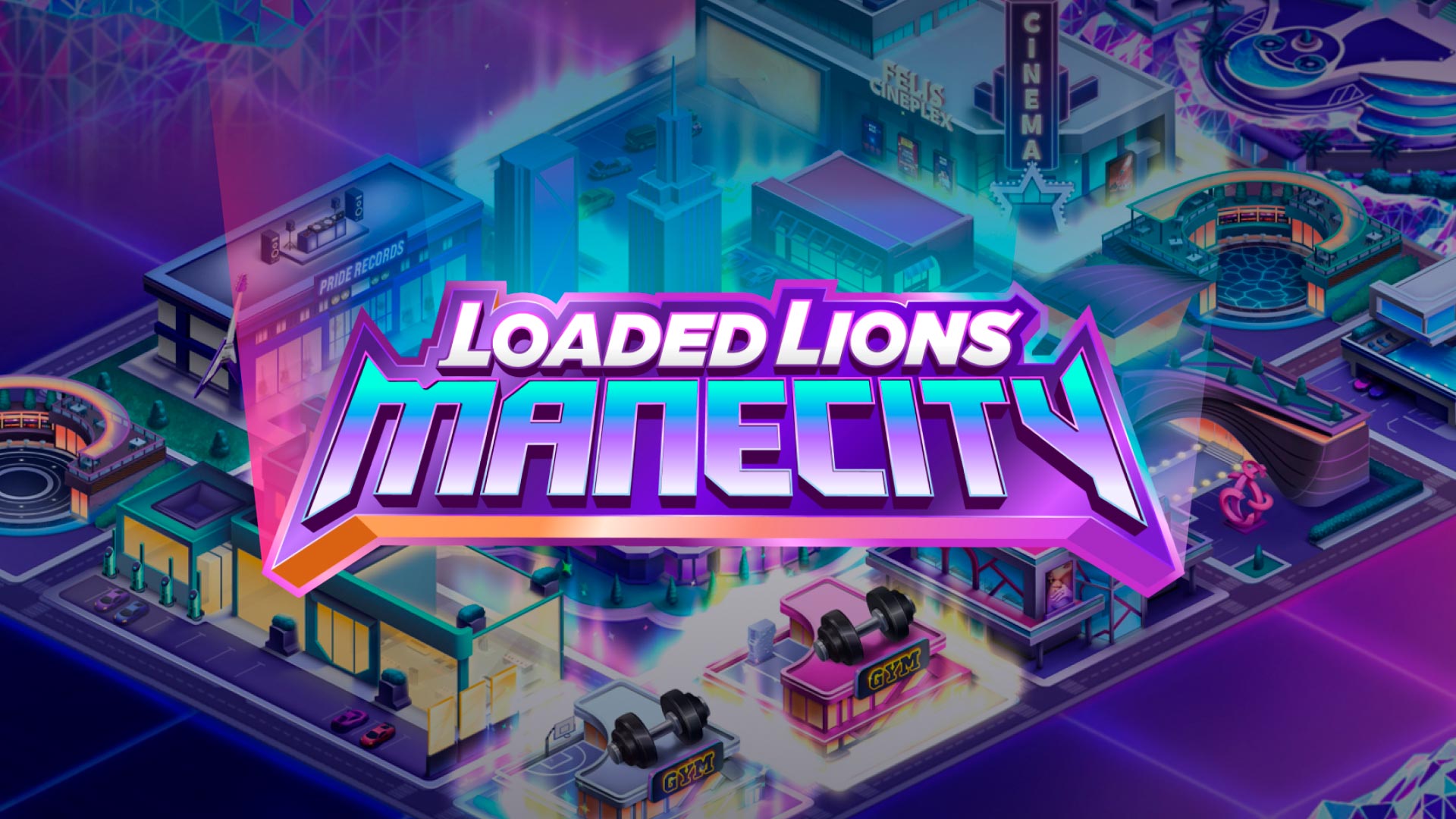
Loaded Lions: Mane City
Loaded Lions: Mane City is a tycoon simulation game where players create their dream cities and furnish their mansions. These are made possible with the Gold and Diamonds generated from their in-game land plots and businesses, running the gamut from banks to cinemas.
Additionally, players have the opportunity to get special prizes in the game’s Competitive Mode. The top 1,000 players in the leaderboard will receive special rewards, so the higher your ranking, the more rewards you’ll receive.
Benefits of Partnering with Stepico for AI Game Development
Proven AI Integration Across Genres
We’ve built AI systems for a variety of genres — from open-world RPGs with intelligent NPCs and procedurally generated content to strategy games with adaptive difficulty, smart enemies, and real-time analytics. Our experience helps us tailor AI to fit your specific gameplay dynamics and production pipeline.
Rapid Prototyping & Scalable Architecture
We move quickly from concept to playable prototype, allowing you to validate AI behavior early in production. Our modular architecture ensures your game can scale to millions of players with auto-scaling backends, efficient AI pipelines, and cloud-based deployment strategies.
Full-Stack AI Expertise
Our team includes experts in procedural content generation, AI dialogue engines, reinforcement learning systems, and AI NPC behavior design. Whether it’s integrating Inworld, Unity ML-Agents, or custom Python-based models, we deliver AI systems that are technically sound and gameplay-optimized.
Flexible Collaboration Models
From end-to-end development to standalone AI feature integration, we offer flexible engagement. Need a proof-of-concept demo? A scalable AI matchmaking module? A full AI design system for your open-world game? We meet you where you are.
Client-First Process
Your goals shape our roadmap. From workshops and requirement scoping to collaborative iteration and post-launch analytics, we prioritize communication, transparency, and measurable outcomes. You get predictable delivery and actionable insights, not just code.
Platform & Engine Agnostic
Our solutions work across Unity, Unreal Engine, proprietary engines, and backend-driven architectures. Whether your game runs on mobile, console, web, or cloud — we build AI that performs, regardless of platform.
Some Interesting Facts About Us
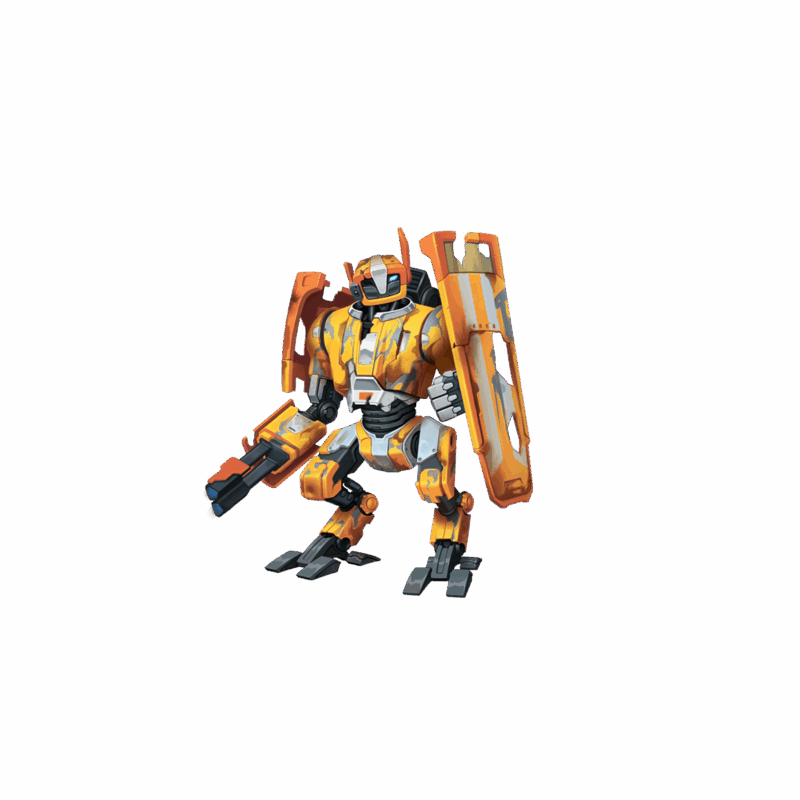
Video Game Genres We Develop
Team for Your AI Game Development Project
AI/ML Engineers
Game Designers
Tech Artists & UX Designers
Full-Stack Game Developers
QA Analysts & Test Engineers
Data Analysts
Frequently Asked Questions
How is AI used in game development today?
AI in game development enhances gameplay through features like intelligent NPCs, dynamic dialogue, adaptive difficulty, and procedural content generation. It also improves backend systems by powering player analytics, matchmaking, and content personalization. Whether it’s creating smarter enemies or scalable open-world designs, AI is transforming how modern video games are built and experienced.
What is AI NPC behaviour, and why does it matter?
AI NPC behaviour refers to how non-player characters act and react using artificial intelligence. Instead of scripted actions, NPCs can adapt to player decisions, environments, or emotions. With behavior trees, utility systems, or machine learning, intelligent NPCs can simulate lifelike interactions — increasing immersion and engagement in both single-player and multiplayer games.
What are AI dialogue systems, and how do they improve storytelling?
AI dialogue systems use technologies like large language models (LLMs) to create dynamic conversations between players and NPCs. Unlike static pre-written scripts, AI-driven dialogue adapts to player tone, memory, and choices. This allows developers to build deeper character arcs, emergent storytelling, and unique playthroughs in genres like RPGs, adventure, and narrative simulations.
How does procedural content generation help in AI game development?
Procedural content generation (PCG) automates the creation of game levels, maps, items, or environments using algorithmic or AI-driven methods. In AI game development, PCG accelerates production cycles and introduces replayability — making each session feel fresh. It’s especially useful in roguelikes, sandbox worlds, and large-scale open-world games.
What is adaptive difficulty and how does AI make it possible?
Adaptive difficulty is a system where the game’s challenge level changes based on the player’s skill or behavior. AI algorithms monitor gameplay patterns, win/loss ratios, and reaction times to dynamically adjust enemy strength, puzzle complexity, or pacing. This keeps games accessible and rewarding for both beginners and seasoned players.
Can AI be used for player analytics and prediction?
Yes. AI-powered player analytics track behavior patterns, churn risk, and monetization potential in real time. Studios use AI in video games to segment users, predict lifetime value (LTV), and personalize experiences. This helps make informed design decisions, optimize retention strategies, and increase revenue across platforms.











